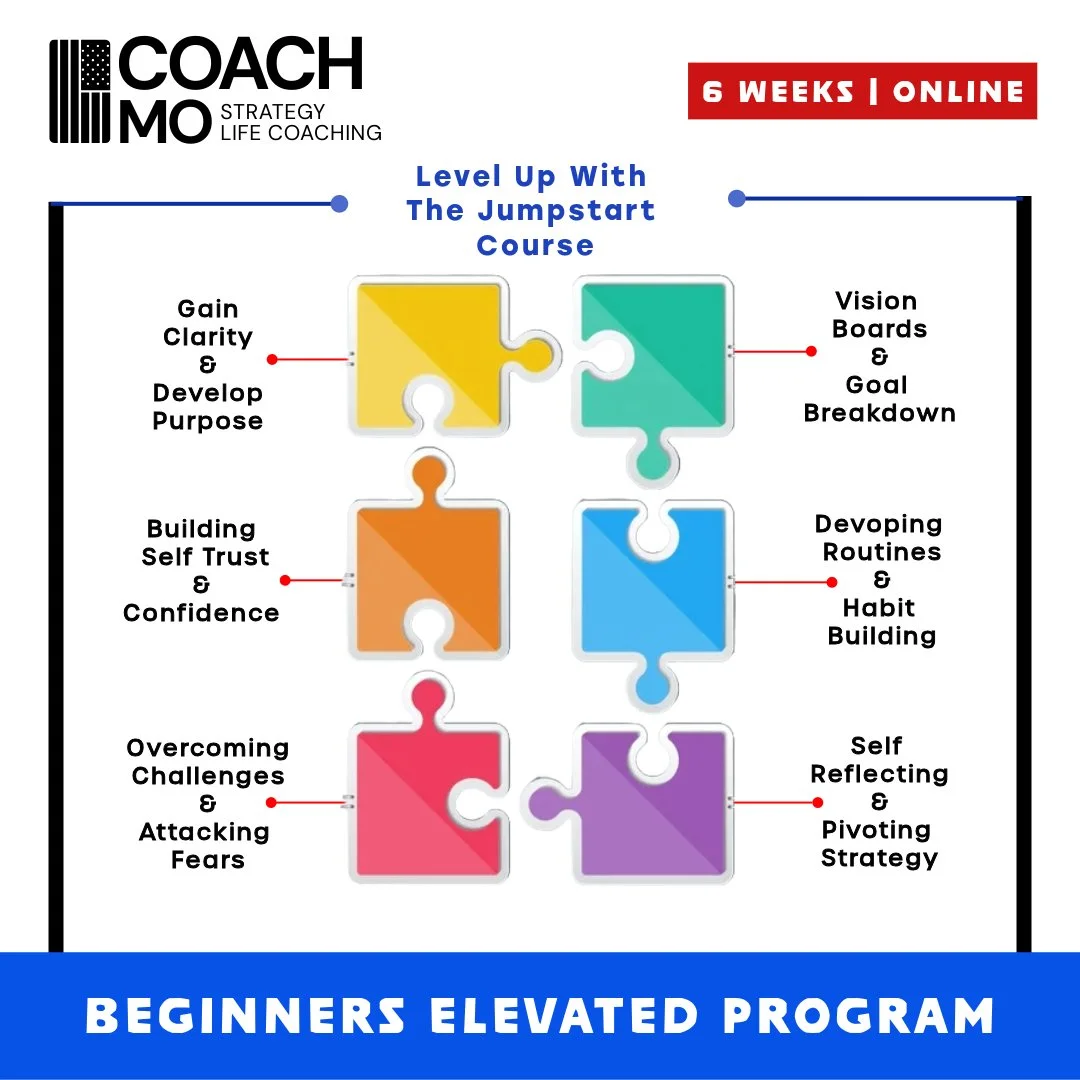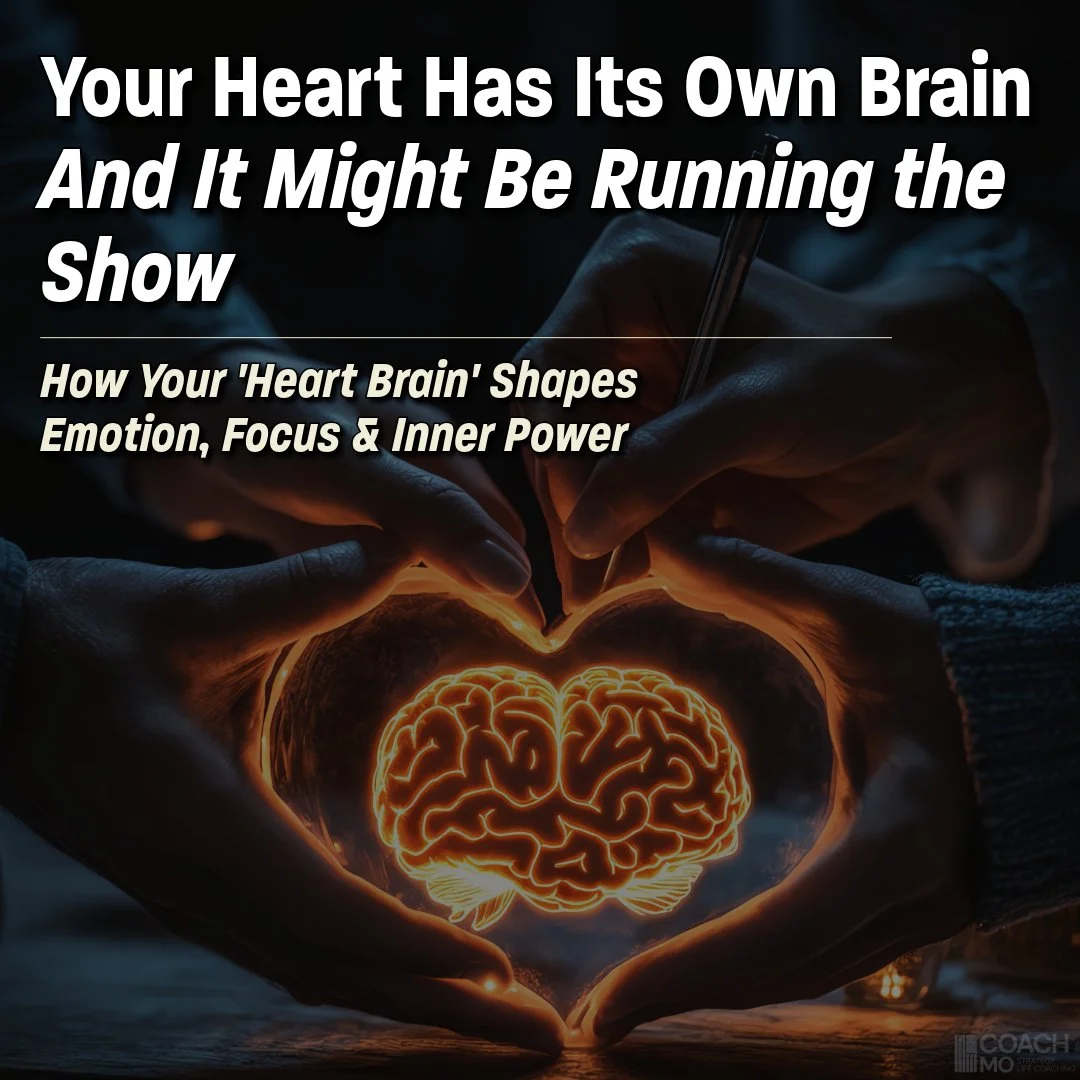The “Brain” In Your Chest Is Changing the Way We Understand Emotion, Focus & Inner Power (Your Heart Has Its Own Nervous System)
Wait… The Heart Has
a Nervous System?
Yes. Your heart isn’t just a pump. It has its own nervous system—a mini-brain with intelligence of its own.
💡 Known as the intrinsic cardiac nervous system, this “heart brain” can sense, process, and even act independently of your brain and spinal cord.
And here’s the kicker:
Your heart sends more signals to your brain than your brain sends to your heart.
🚨 Think about what that means for how you feel, make decisions, and handle stress.
So What Exactly Is the
Heart’s Nervous System?
The intrinsic cardiac nervous system is a network of around 40,000 neurons located in your heart.
It’s composed of:
Neurons (nerve cells)
Neurotransmitters (chemical messengers)
Support cells that communicate, process info, and make decisions—yes, even without the brain.
“The heart has its own logic. Its own rhythm. Its own intelligence.”
📌 This mini-brain can:
✅ Sense shifts in your body like oxygen needs or blood pressure
✅ Control and initiate heart rhythms
✅ Operate independently through localized reflexes
✅ Influence emotion, memory, attention, and reaction
Why This Matters—Especially Now
You’re living in a world that’s mentally overstimulated and emotionally under-connected.
Whether you’re:
A college student trying to focus through stress
A veteran learning how to calm your body after years of adrenaline
An everyday adult trying to make clearer, more intuitive decisions…
📌 Learning how your heart’s nervous system works gives you an unfair advantage.Let’s dive into the benefits.
What Happens When You Tap Into
the Intelligence of Your Heart?
✅ 1. Emotional Awareness Improves
Your heart plays a central role in regulating emotion—not just reacting to it.
💡 Through heart rate variability (HRV), your body signals when it’s in a calm, connected state—or when it’s in survival mode.
📉 Low HRV = stress, anxiety, low adaptability
📈 High HRV = calm focus, flexibility, emotional regulation
✅ 2. You Build Mental Clarity & Focus
When your heart and brain are in sync (called coherence), you can:
✅ Think more clearly
✅ Make better decisions under pressure
✅ Bounce back from distractions faster
💡 This is especially powerful for students, leaders, athletes, and professionals.
✅ 3. You Feel More Grounded and Aligned
The heart is the emotional bridge between gut instinct and logical analysis.
It connects the nervous system with the emotions, memory, and identity stored in the subconscious.
📌 When your heart “feels off,” your whole body knows it.
Cool Science from
The HeartMath Institute
📚 Research from the HeartMath Institute shows:
The heart sends more signals to the brain than the brain sends to the heart.
And these signals go directly to the parts of your brain that regulate:
🧠 Emotion
🧠 Memory
🧠 Attention
🧠 Stress responses
🚨 Translation:
If your heart is out of sync, your brain struggles.
My Story: When I Realized My Heart Was Speaking—and I Wasn’t Listening
I used to live entirely in my head.
✅ Logic.
✅ Strategy.
✅ Toughness.
But emotionally?
❌ I was reactive.
❌ I was disconnected.
❌ I felt a constant tension I couldn’t explain.
After leaving the military, I felt like I had to turn off emotions to survive civilian life.
But deep down, I knew something was missing.
That’s when I started studying the mind-body connection and discovered the “heart brain.”
💡 I realized I didn’t need to “tough it out”—I needed to reconnect from the inside out.
And the key wasn’t more thinking.
It was more listening—starting with my heart as cheesy as that may sound lol.
📌 because most people don’t need motivation. They need alignment.
How to Tap Into Your Heart’s Intelligence Right Now
You don’t need years of training. You just need a few mindful shifts.
✅ 1. Practice Heart-Focused Breathing
Breathe deeply and imagine the air flowing in and out of your heart.
Do this for 2 minutes before class, before a meeting, or when you feel anxious.
✅ 2. Check in With Your Heart
Ask yourself:
Does this decision feel expansive or restrictive? Is this pulling me back or pushing me forward?
Am I acting out of fear or alignment?
What would my heart say if it had a voice right now?
✅ 3. Use the 5-5-5 Rule from Mogressive
5 minutes of awareness + 5 intentional questions + 5-minute reset =
🧠 Mental clarity
💓 Heart coherence
🎯 Refocused action
Oh, and By the Way
I Can Help With That
At Mogressive, I teach people how to:
✅ Build inner coherence between heart and mind
✅ Train emotional intelligence that strengthens focus, calm, and clarity
✅ Lead their lives from the inside out—not just from logic and noise
Download My Free Ebook: The 1 Approach System
Join My 6-Week Course: Be The One
Level Up With the 12-Week Fearless Course
The Smartest Move Might Be Listening to Your Heart
💭 You’ve been trying to “think” your way to clarity.
💡 Maybe it’s time to feel your way forward instead.
In Case You Missed It👇
✅ Sources & Citations
HeartMath Institute – Research on Heart-Brain Communication
The leading organization studying the connection between the heart’s electrical system and emotional regulation.
🔗 https://www.heartmath.org/research/science-of-the-heart/Neurocardiology: Anatomical and Functional Principles
This paper explains how the heart contains its own complex nervous system and how it interacts with the brain.
🔗 https://www.ncbi.nlm.nih.gov/pmc/articles/PMC6131403/The Heart’s “Little Brain” and Its Role in Emotions
Scientific American article discussing the concept of the heart’s intrinsic nervous system and its independent decision-making.
🔗 https://www.scientificamerican.com/article/gut-second-brain/Psychophysiological Coherence: A New Paradigm for Optimal Functioning
By Rollin McCraty, HeartMath Institute
Discusses heart-brain coherence, HRV, and how aligned heart rhythms impact focus, attention, and decision-making.
🔗 https://www.heartmath.org/assets/uploads/2014/10/psa-paper-2016.pdfHeart Rate Variability (HRV) and Health – Cleveland Clinic
HRV as a biomarker of resilience, stress, and autonomic nervous system balance.
🔗 https://my.clevelandclinic.org/health/articles/22676-heart-rate-variability-hrvYour Heart Has Neurons Too – Institute of HeartMath
Summarizes how heart neurons store information and communicate with the brain.
🔗 https://www.heartmath.org/articles-of-the-heart/the-mysteries-of-the-heart/the-energetic-heart-is-unfolding/












The crown has always been yours. This blog teaches you how to wear it boldly, build unshakable confidence, and step into your best self—no validation required.